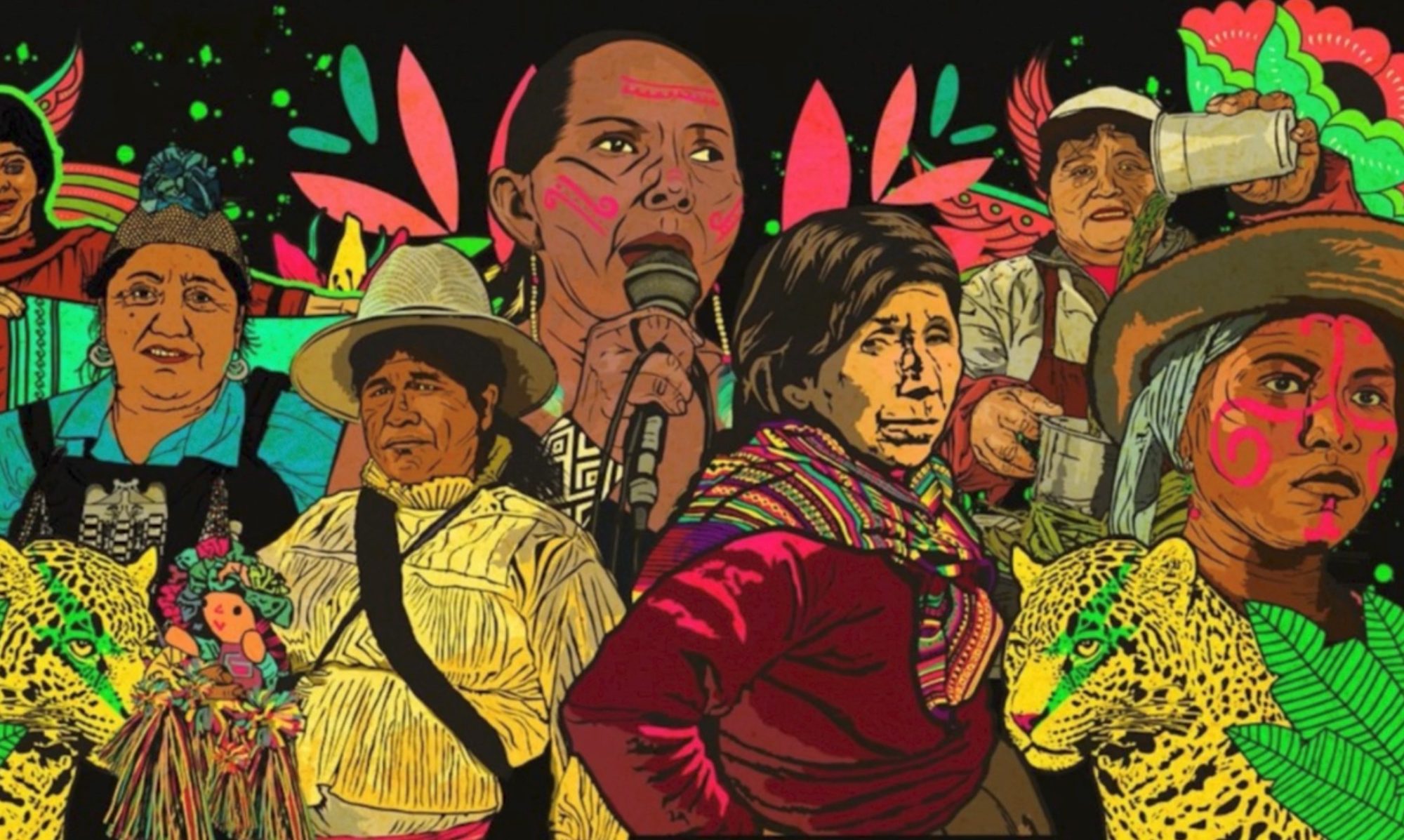Scandinavian ‘Fakelore’
by Grant Procopio
Please read the crafter statement before watching the video essay. Thank you.
Many movies throughout the world use folklore as the basis for their plots. However, many of these movies are fiction and twist the stories of the folklore to however the filmmaker wishes. When folklore is used and twisted in a way that is no longer accurate but still feels accurate it is referred to as ‘fakelore’. Harm is done by this, as many viewers may believe that the elements of the folklore that are depicted in these films are accurate and true when a film is created with precision and attention to detail. Today, many popular horror films do this exact thing, specifically, recent Scandinavian horror films do this. Films such as Swedish horror film Koko-di Koko-da (2019) and vastly popular American-made horror film surrounding Swedish culture Midsommar (2019) use elements of folklore and culture within their respective films in order to create their plots, but they are twisted and become fiction, and are therefore ‘fakelore’.
Swedish horror film Koko-di Koko-da (2019) uses a traditional Swedish folk song/ nursery rhyme called “Vår tupp är död” to create a plot centered around grieving the loss of a dead child. The song is used repeatedly throughout the movie and even features a puppet show that shows how the film used the lyrics of the song, which translate to English as “Our rooster’s dead”, to illustrate how the child has died and the parents are grieving the loss. The traditional folk song is then tainted by images of the parents being brutally murdered over and over again. This does harm to the folk song as it is then associated with murder and gore, and viewers who first learned about the song from the film are left believing that what they saw on screen is the entire truth of the song, when it in fact is not. In reality it is a song that is still sung by many people today that has ties back to traditional Swedish culture.
This phenomenon also occurs in Midsommar (2019), an American-made horror film that takes place in Sweden and uses traditional elements of Swedish culture. The film is centered around the traditional Swedish celebration of Midsummer, but is twisted to be full of gory human sacrifices. The film uses traditional aspects of the celebration, specifically the tradition of the maypole dance that is used as a ceremony to fertilize the land for a bountiful harvest. The film uses enough of these traditional aspects that many who watch the movie believe what took place to be accurate, including the sacrifices. This is harmful to Swedish culture because it is a traditional celebration that is deeply rooted in their culture, but because of the immense popularity of the film, many now unknowingly believe these tainted falsehoods throughout the world.
The use of ‘fakelore’ in Scandinavian horror films damages the communities whose culture is used and taken advantage of for profit, as many believe what they see depicted on screen is the whole truth of the culture and folklore. Many filmmakers may not feel that they owe it to anyone to disclaim that what their films portray is not accurate, because it is implied since they are fiction. But still, the popularity of such films have since solidified themselves into pop culture world wide, which then cements these ideas associated with traditional Scandinavian culture into unknowing viewers, and continuously allows the culture to be vilified without explanation.
Works Cited
- Jonsson, Magister Simon. Vår Tupp Är Död Alternativa Ackord Plock. YouTube, YouTube, 9 Mar. 2017. Accessed 5 Dec. 2021.
- KulturOntario, director. Swedish Midsommar Pole Dance, Jamestown Scandinavian Festival 2018-7-21 Pt.1 of 2. YouTube, YouTube, 9 May 2019. Accessed 5 Dec. 2021.
- Kuusela, Tommy. “Scandinavia’s Horror Renaissance and the Global Appeal of ‘Fakelore’.” Foreign Policy, 28 Oct. 2021.
- Lindh, Simon, director. Traditional Swedish Midsummer Dance. YouTube, YouTube, 24 June 2014. Accessed 5 Dec. 2021.
- Millerization, director. Swedish Midsummer Maypole Dancing. YouTube, YouTube, 23 June 2008. Accessed 5 Dec. 2021.
- MsLakrits. Vår Tupp Är Död – Bygdeå Boys. YouTube, YouTube, 27 Nov. 2011. Accessed 5 Dec. 2021.
- Skansen. Celebrate s Traditional Swedish Midsummer at Skansen. YouTube, YouTube, 16 May 2011. Accessed 5 Dec. 2021.
- Stureby, Musiken på, director. Vår Tupp Är Död. YouTube, YouTube, 10 Sept. 2019. Accessed 5 Dec. 2021.
